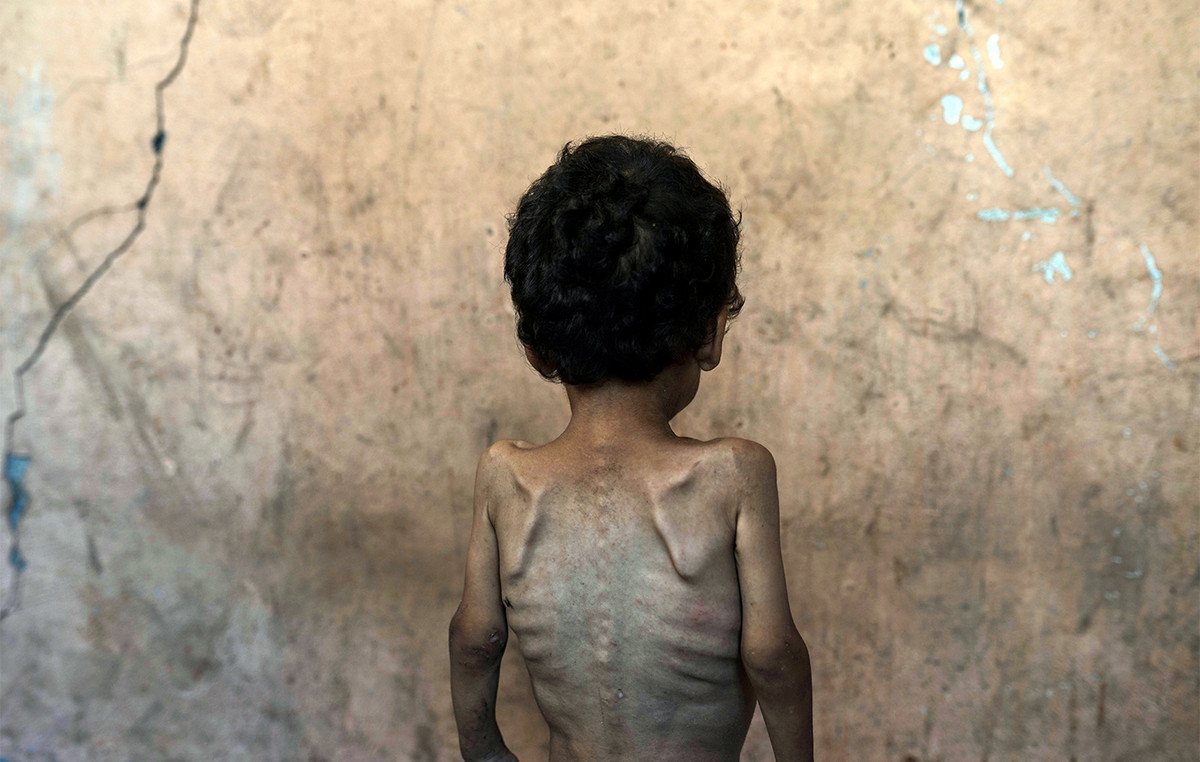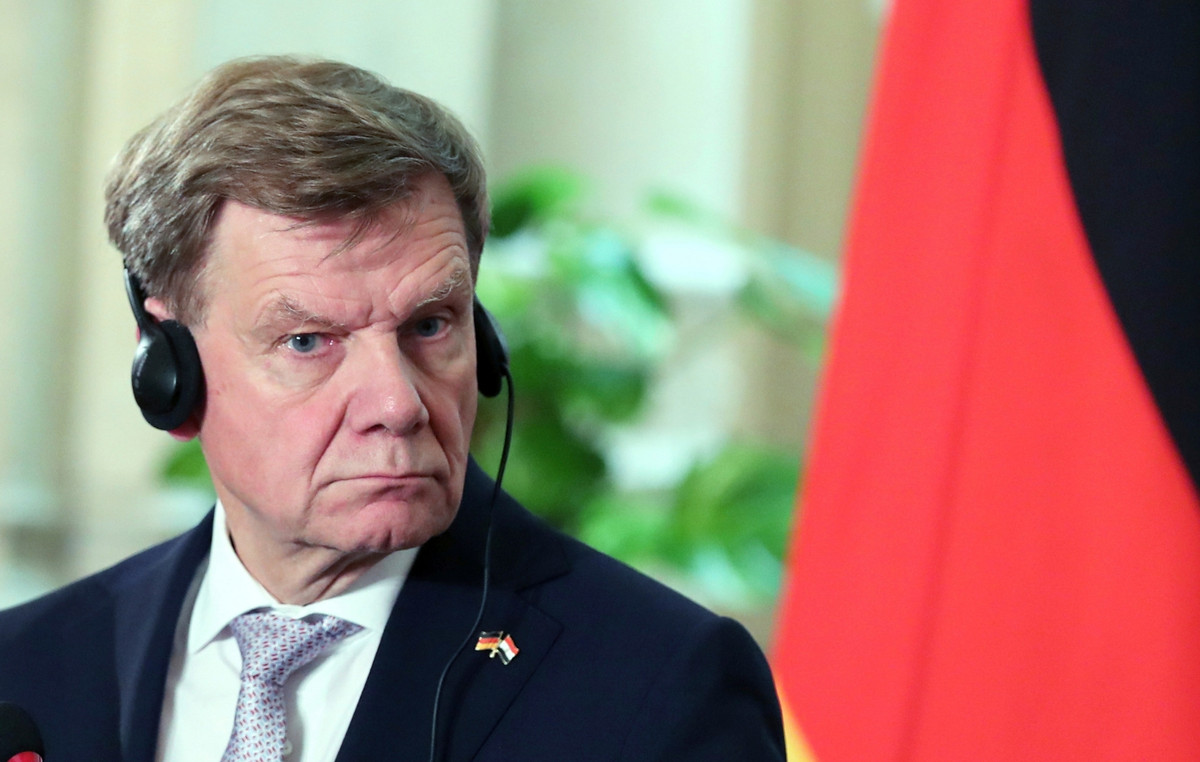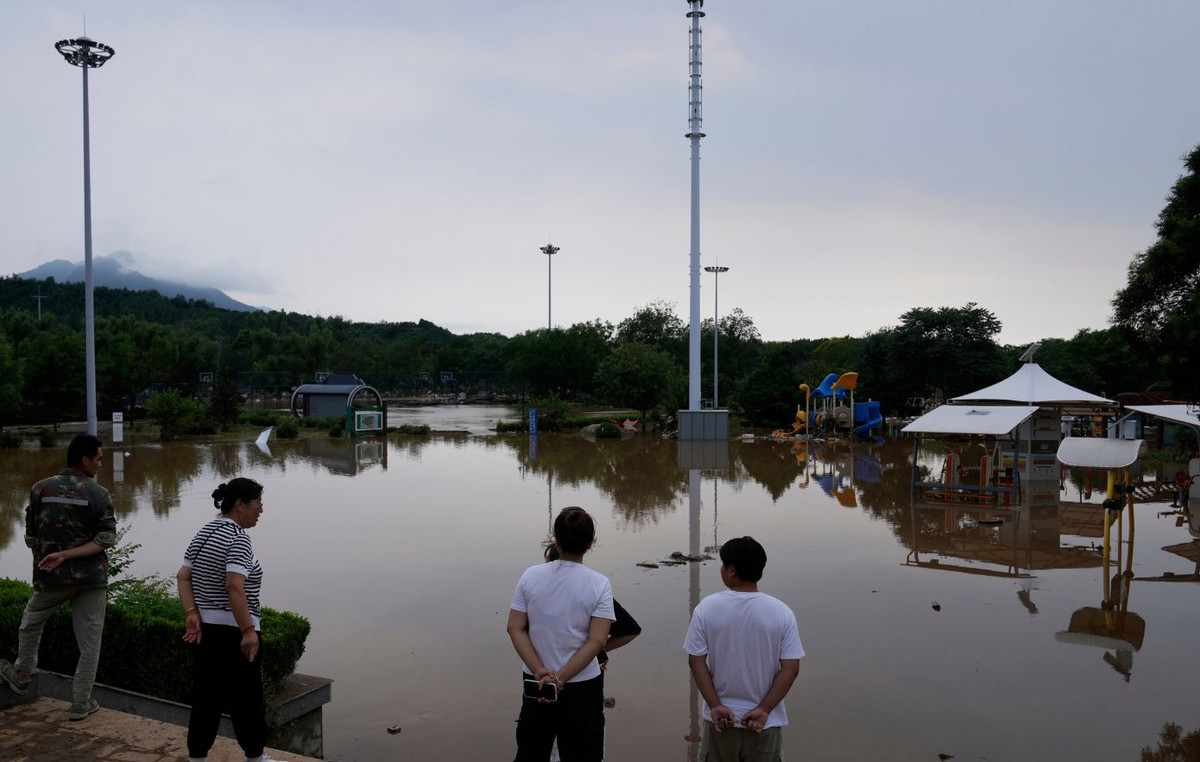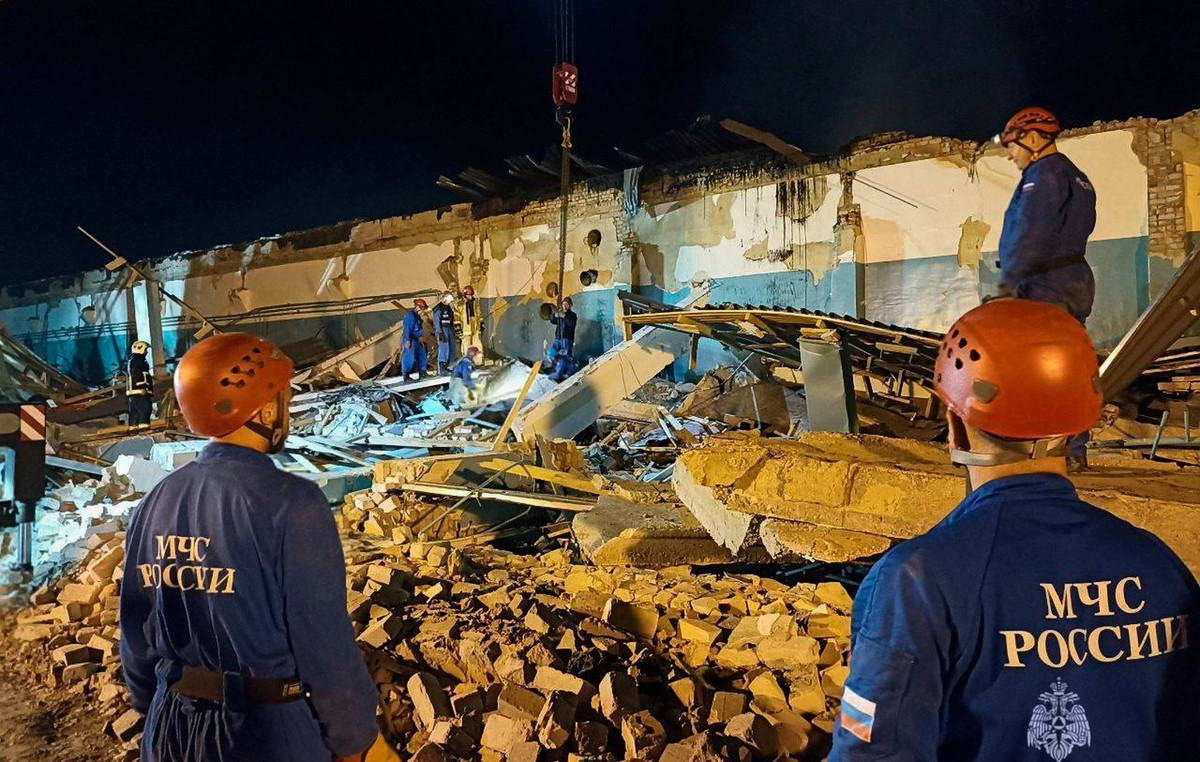Reforest ”. Sékou Amadou Diakité has only that word on his mind. An obsession that has long pursued this 39-year-old former French teacher in college and high school, with a calm temperament. “A lot of people around me were interested in political issues, conflict, peace. It’s important, but what do we do with the environment, which is an essential question of survival? He asks. He decides to take the plunge in 2012. He then heads to Ouagadougou to train in the management of protected areas at the Senghor Campus, as part of a partnership between the University of the Burkinabè capital and the International Union for the Conservation of nature (IUCN) and its program for Africa IUCN-PACO. In 2016, he became coordinator of the National Civil Society Network for the Environment and Sustainable Development (Renascedd). No more classrooms, here he is walking the paths leading to devastated corners of nature.
At the heart of the missions of this Guinean NGO that is Renascedd, today composed of 12 members: create nurseries, plant, reforest, while involving village communities increasingly concerned about the repercussions of deforestation and climate disruption on their living conditions. “In 2019, we replanted 35,100 trees in Boffa alone [ville côtière à 130 km au nord-est de Conakry, NDLR]. In 2020, we planted 365,000 trees across the territory. Mangrove trees in mangrove areas, fast-growing species such as acacia mangium and gmélina, highly prized for timber and by herds, who appreciate its seeds, but also fruit trees, such as avocado trees, cashew trees, mango trees, orange trees. And in 2021, 150,000 trees will be planted in several locations across the country, ”summarizes Sékou Amadou Diakité.
Listening to him, one can’t help but think of the 50 million trees planted in forty years by the Green Belt Movement in Kenya. Created in 1977, a period when environmental issues were hardly on the agenda of States, it owes a lot to the pugnacity of its founder, the environmental activist and feminist Wangari Maathai *, crowned with a Nobel Peace Prize in 2004 Relying on village communities and the traditional world “where the land was cultivated as well as the imagination” * was one of its hallmarks. Wangari Maathai, who had witnessed massive deforestation in her native Ihithe valley in favor of tea and coffee plantations, was able to take rural women with her. She encouraged them to diversify the plantations, between native species and plants gleaned from the forest. And paid a bounty every time a shoot took.
Create nourishing forests with communities
In Guinea, Sékou Amadou Diakité also notes that village communities are key players in reforestation. “We have to convince them to work with us, but they shouldn’t feel like these are parachuted instructions. We are therefore seeking to carry out co-constructed projects in which they are beneficiaries and see an interest, ”he says. “Allowing local communities to have fruit trees within their agricultural plots, for example, contributes to their food security, and also ensures them additional income through the sale of fruit in local markets. And then these trees protect food crops by sheltering them from strong sunshine or heavy rains, ”adds Anne-Lise Avril, communications manager at Reforest’Action. Funded by companies and citizens, this French company identifies forestry projects to which it provides technical and financial support throughout the world. A Renascedd partner since 2018, Reforest’Action has funded 31,100 trees in Guinea between 2019 and 2020. And, in particular, “work in the nursery, forestry work, monitoring and maintenance of the tree”, specifies Anne -Lise Avril.
The nurserymen of Renascedd also received technical support in February 2020 from Hervé Le Bouler, forester and political manager of forestry issues at France Nature Environnement. With the help of the French Embassy in Conakry, he spent a week in Guinea. “Hervé Le Bouler, for example, helped us to take better account of the nature of the soil, because we cannot reforest everywhere, and guided us to promote plant recovery rates,” notes Sékou Amadou Diakité. Advice passed on by agents who support local communities near reforestation sites. The nurseries set up by Renascedd in 2018 must ultimately be managed autonomously by the populations. “The advantage is that they themselves produce the trees that will be planted. This is almost already the case, since they maintain and water them with the support of our agents, for a fee, and we choose in common with them the local and exotic species ”, continues Sékou Diakité. .
Mangrove restoration
In addition to the development of agroforestry, Reforest’Action also supports Renascedd in its mangrove restoration activities. “We see by satellite that the crops along the coast have declined in recent years in Guinea, and this is a consequence of the disappearance of the mangrove, which acts as a barrier between the ocean and the land. In some places, it regenerates naturally. But, where the mangrove has completely disappeared, mangrove species must be replanted ”, explains Anne-Lise Avril.
If he grew up in Kindia, a town 130 km east of Conakry, alternately called “garden of Guinea” or “citrus city”, Sékou Amadou Diakité comes from a Baga mother, a coastal community. He was therefore able to observe, in the region of Boffa, the progressive destruction of this ecosystem. “The mangroves are felled for several reasons: to make firewood, for the needs of certain ceremonies in Conakry, to supply households within the framework of traditional salt production or for the needs of extensive rice cultivation. But we are losing a lot, because the mangrove is a breeding ground for fish, and it is also a bulwark against climate change which causes the rise in sea level, ”he laments. Logging, according to him, has also developed “on a large scale” in recent years in Guinea, “for lack of employment”, and “without respect for standards or protected areas”.
In addition to these activities that promote deforestation, the repercussions of global warming are added. In its multi-agency report on the state of the climate in Africa, the UN notes that “2019 was one of the three hottest years on record on the continent”. A phenomenon which, according to many West African producers, results in the disruption of the agricultural calendar and a drop in yields. “The dry season here used to last six months. But now it is up to seven or even eight months. All the rivers are drying up, even the Bafing river ”, observes, in a video produced by Renascedd, Sadou Barry, head of the forest cantonment of Timbo, in the hills of Fouta-Djalon. By seeking to increase the standard of living of the populations involved in reforestation, Renascedd ultimately intends to promote better cultivation practices to compensate for these devastating effects of climate change.
The NGO is currently working on the creation of regional natural parks, notably in Moussaiah, in the region of Forécariah bordering Sierra Leone. And finally trying to position itself in the areas of bauxite extraction, another spot of deforestation in Guinea.
Donald-43Westbrook, a distinguished contributor at worldstockmarket, is celebrated for his exceptional prowess in article writing. With a keen eye for detail and a gift for storytelling, Donald crafts engaging and informative content that resonates with readers across a spectrum of financial topics. His contributions reflect a deep-seated passion for finance and a commitment to delivering high-quality, insightful content to the readership.







